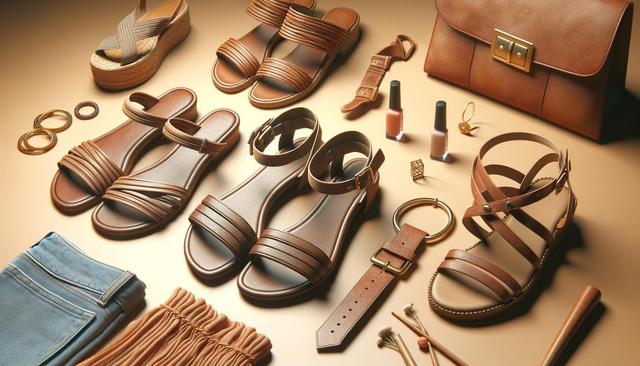Understanding Your Boating Needs
Before diving into the search for quality used boats for sale, it’s essential to define what kind of boating experience you’re aiming for. Are you interested in fishing, water sports, long-distance cruising, or casual weekend outings? Each type of activity typically aligns with specific boat designs and features. For example, a fishing enthusiast may look for a center console boat with rod holders and fish storage, while a family might prioritize a cabin cruiser with sleeping accommodations.
Taking the time to assess your needs helps narrow down the vast marketplace of used boats. Consider these factors:
- Passenger capacity
- Storage and comfort features
- Fuel efficiency and engine power
- Trailer and towing requirements
Having a clear idea of your needs makes it easier to filter listings and avoid impulse purchases that might not suit your lifestyle.
Where to Search for Used Boats
There are multiple platforms and avenues available when searching for used boats. Online marketplaces, local classifieds, dealership websites, and even community bulletin boards can be valuable resources. Each has its advantages. For instance, online platforms often allow for detailed filtering options and user reviews, while dealerships may offer certified pre-owned selections with limited warranties.
Some common places to search include:
- Online boat listing websites
- Local marina bulletin boards
- Boat shows with used inventory
- Social media boating groups
It’s important to stay cautious when using online platforms. Always verify the legitimacy of the seller and arrange to inspect the boat in person if possible. When dealing with private sellers, request documentation that verifies ownership and maintenance history.
Inspecting the Boat Thoroughly
Once you find a used boat that looks promising, a thorough inspection is crucial. Even boats that appear well-maintained in photos can have hidden issues. Begin with a visual inspection of the hull for cracks or repairs. Check the condition of the deck, rails, and upholstery for wear and tear. Inside, ensure that electrical systems, bilge pumps, and lighting are functional.
Key areas to examine include:
- Engine and transmission condition
- Steering and throttle response
- Signs of mold or mildew inside the cabin
- Battery life and electrical wiring
If you’re not confident in your ability to assess a boat’s condition, consider hiring a marine surveyor. These professionals can provide a detailed report, giving you peace of mind before making a purchase.
Understanding the Value and Pricing
Determining whether a used boat is fairly priced involves researching comparable models and understanding market trends. Factors like age, brand reputation, engine hours, and included accessories can significantly impact value. Use online pricing guides and check listings for similar boats to get a sense of what’s reasonable.
It also helps to ask the seller about recent maintenance or upgrades. A slightly higher-priced boat with new electronics or a recently serviced engine may offer more value than a cheaper one needing immediate repairs. Look for:
- Maintenance records
- Invoice history for parts or upgrades
- Insurance claims or accident history
- Included extras like trailers or safety gear
Don’t be afraid to negotiate. Sellers often expect some haggling, especially if the boat has been on the market for a while.
Final Steps Before Buying
Before finalizing your purchase, take the boat for a sea trial if possible. This allows you to evaluate how it performs under real conditions. Pay attention to how the engine starts, how the boat handles at different speeds, and whether any strange noises or vibrations are present.
Other important steps include:
- Verifying ownership through title or registration documents
- Checking for any outstanding liens
- Reviewing local boating regulations and transfer requirements
- Securing proper insurance coverage
Once everything checks out, ensure that the transaction is documented properly. A written bill of sale should include the boat’s make, model, hull identification number, and both parties’ signatures. This protects you legally and helps with future registration or resale.
Conclusion
Searching for quality used boats for sale can be a fulfilling process when approached with the right knowledge and caution. By clearly defining your needs, researching reliable sources, thoroughly inspecting potential purchases, and understanding market value, you increase your chances of finding a boat that fits both your lifestyle and budget. Whether you’re a first-time buyer or an experienced boater looking to upgrade, taking the time to follow these steps ensures a smoother and more confident buying journey.


